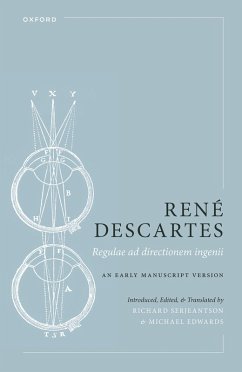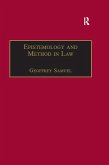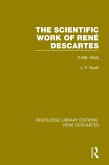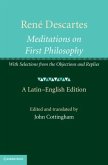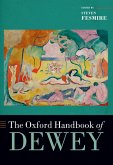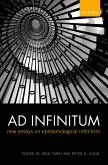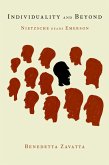René Descartes's Regulae ad directionem ingenii ('Rules for the Direction of the Understanding') is his earliest surviving philosophical treatise, and in many respects his most puzzling text. It is a profoundly original work with few intellectual precursors, and offers the fullest account anywhere in Descartes's work of his theory of method. Yet Descartes left it unfinished, and unpublished, at his death in 1650. The versions currently known to modern readers are all posthumous: a manuscript copied for Leibniz in the late seventeenth century, a Dutch translation of 1684, and the version printed in 1701 in Amsterdam. As a result, the details and date of its composition, its fragmentary, unfinished state, and its philosophical content have long puzzled scholars. The discovery by Richard Serjeantson in 2011 of a previously unknown, early manuscript draft of the Regulae in Cambridge University Library was a hugely significant event in Cartesian scholarship. This edition presents the Cambridge manuscript of the Regulae alongside the 1701 Amsterdam version of the text to allow comparison between the early manuscript draft and the version best-known to modern readers, together with a full English translations of both texts. It is also the first critical edition of the Regulae to take into account the full range of textual witnesses to the text, both manuscript and printed. The new Cambridge manuscript sheds important light on the composition, date, and philosophical content of the Regulae, and will provoke scholars to rethink key questions about Descartes's early philosophical development.
Dieser Download kann aus rechtlichen Gründen nur mit Rechnungsadresse in A, B, BG, CY, CZ, D, DK, EW, E, FIN, F, GR, HR, H, IRL, I, LT, L, LR, M, NL, PL, P, R, S, SLO, SK ausgeliefert werden.

